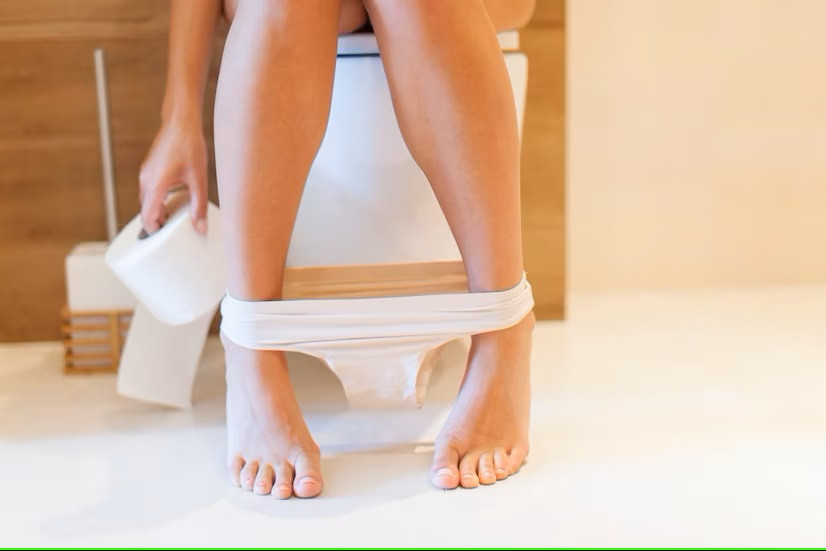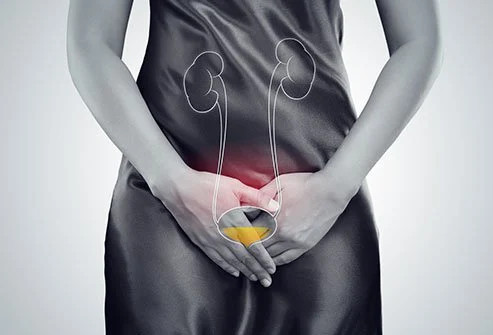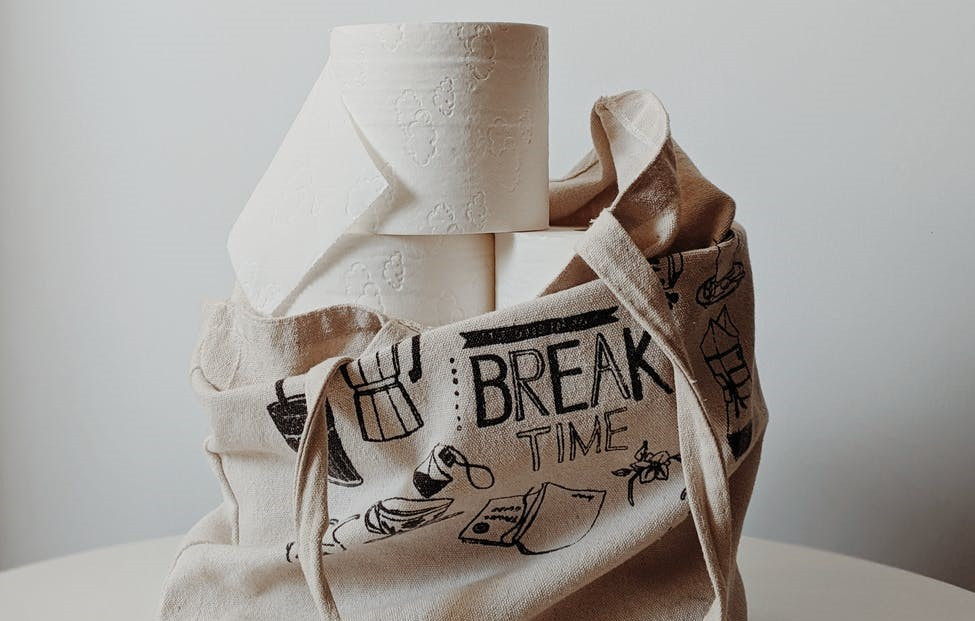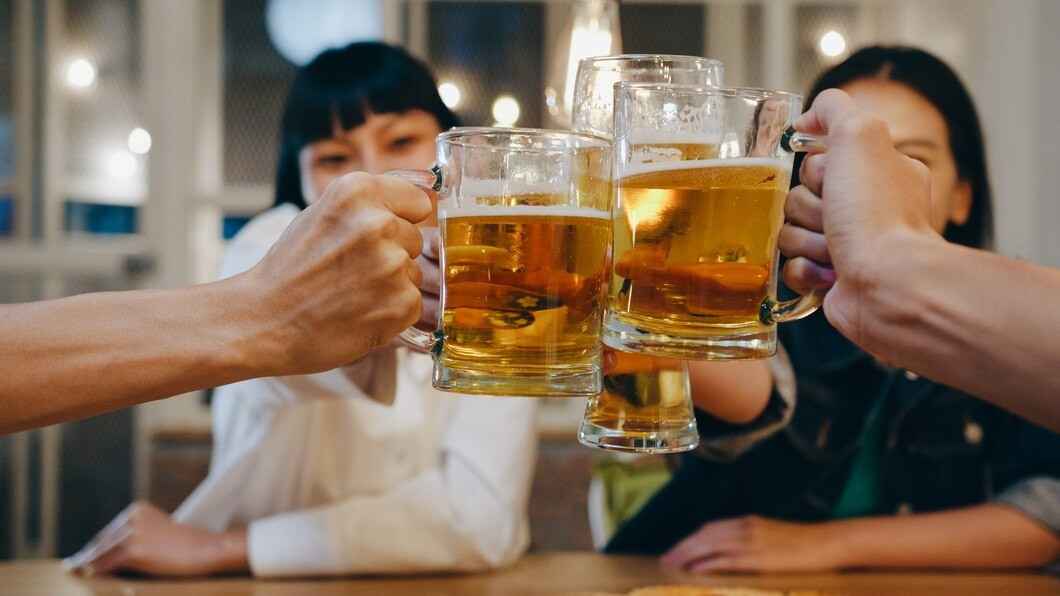It’s normal to wake up to urinate occasionally during the night. However, if you find yourself needing to urinate multiple times, it may be a sign of nocturia. So, what exactly is nocturia, and how can it be treated? Let’s explore the details.
What is Nocturia?
Nocturia is a condition that causes frequent waking up during the night to urinate. If you regularly get out of bed to urinate once or more per night, you might be experiencing nocturia.
This condition affects more than 50% of adults over the age of 50, with men being more likely to experience it. Before the age of 50, however, nocturia is more common in women, particularly those over 30.
Symptoms of Nocturia
Typically, a good night's sleep lasts for 6-8 hours without the need to wake up to go to the bathroom. In contrast, people with nocturia may find themselves waking up multiple times throughout the night to urinate. This disruption can lead to fatigue and tiredness during the day.
Common symptoms of nocturia include:
- Waking up two or more times during the night to urinate
- Increased volume of urine at night
- Daytime tiredness and sleepiness
Causes of Nocturia
Nocturia can result from a variety of factors, including underlying medical conditions, lifestyle choices, and medications. Gender differences also play a role in the risk of nocturia. In men, prostate issues can lead to more frequent urination, while women may experience nocturia due to pregnancy or pelvic organ prolapse following childbirth.
Other common causes of nocturia include:
Medical Conditions
Several health issues can contribute to nocturia, such as:
- Urinary tract infection (UTI)
- Prostate problems (e.g., prostate infection or enlargement)
- Bladder prolapse
- Overactive bladder (OAB)
- Tumors in the bladder, prostate, or pelvic region
- Diabetes
- Anxiety
- Kidney infections
- Edema (swelling in the lower legs)
- Obstructive sleep apnea
- Neurological disorders, such as multiple sclerosis (MS), Parkinson’s disease, or spinal cord compression
Medications
Certain medications, particularly diuretics used to treat high blood pressure or congestive heart failure, can increase the need to urinate at night.
Lifestyle
What you drink can also influence nocturia. Drinking large amounts of fluids, or consuming alcohol and caffeine late in the evening, can trigger more frequent urination during the night.
Nocturia Treatments
Treating nocturia depends on its underlying cause. If obstructive sleep apnea is the culprit, your doctor might recommend using a breathing device at night or, in some cases, surgery. If prostate issues are contributing to the problem, medication or surgery may be required.
Lifestyle modifications can also help prevent or reduce nocturia, such as:
- Limiting fluid intake at night, particularly caffeinated drinks
- Avoiding diuretics in the evening
- Elevating your legs to aid fluid distribution
- Engaging in pelvic floor physical therapy to strengthen pelvic muscles
- Wearing compression stockings
In some cases, your doctor may prescribe medications to address nocturia, such as:
- Anticholinergics, which help reduce symptoms of overactive bladder
- Beta-3 adrenoreceptor agonists, which relax bladder muscles and alleviate symptoms of overactive bladder
- Medications that reduce urine production by the kidneys
Nocturia is often a symptom of an underlying medical issue. If you frequently wake up in the night to urinate, it’s important to consult with a doctor. You can also use the consultation feature on the Ai Care app, available for download on the App Store or Play Store.
Want to know more about other health concerns? Click here!
- dr Nadia Opmalina
Cleveland Clinic. Nocturia. Available from: https://my.clevelandclinic.org/health/diseases/14510-nocturia
Suni, E. (2024). Nocturia: Causes and Treatments for Frequent Urination. Available from: https://www.sleepfoundation.org/physical-health/nocturia-or-frequent-unrination-night
The Healthline Editorial Team. (2023). Excessive Urination at Night (Nocturia). Available from: https://www.healthline.com/health/urination-excessive-at-night
WebMD Editorial Contributors. Why Do I Pee So Much at Night?. Available from: https://www.webmd.com/urinary-incontinence-oab/nocturia-pee-night












